Overview
This template provides a production‑ready OrientDB instance as a Monk runnable. You can:- Run it directly to get a managed OrientDB container with sensible defaults
- Inherit it in your own runnable to seamlessly add a multi-model database to your stack
What this template manages
- OrientDB server
- Network service on ports 2424 (binary), 2480 (HTTP)
- Persistent volumes for data storage
- Multi-model support (graph, document, key-value, object)
- SQL-like query language
Quick start (run directly)
- Load templates
- Run OrientDB with defaults
- Customize credentials (recommended via inheritance)
variables. Secrets added with monk secrets add will not affect this runnable unless you inherit it and reference those secrets.
- Preferred: inherit and replace variables with
secret("...")as shown below. - Alternative: fork/clone and edit the
variablesinorientdb.yml, thenmonk load MANIFESTand run.
http://localhost:2480 or connect via binary protocol on port 2424.
Default credentials: root / password (change for production!)
Configuration
Key variables you can customize in this template:${monk-volume-path}/orientdb on the host.
Use by inheritance (recommended for apps)
Inherit the OrientDB runnable in your application and declare a connection. Example:Ports and connectivity
- Service:
dbon TCP port2424(binary protocol) - Service:
db_studioon TCP port2480(HTTP/Studio) - From other runnables in the same process group, use
connection-hostname("\<connection-name>")to resolve the DB host.
Persistence and configuration
- Data path:
${monk-volume-path}/orientdb:/orientdb/databases - OrientDB stores all databases, graphs, and documents in this directory
Features
- Multi-model database (graph, document, key-value, object)
- SQL support with graph extensions
- ACID transactions
- Distributed architecture
- Schema-less and schema-full modes
- High performance for both reads and writes
- Built-in full-text search
Use cases
OrientDB excels at:- Social networks and recommendation engines
- Knowledge graphs
- Fraud detection
- Master data management
- Content management
- Network and IT operations
Related templates
- Combine with application servers for multi-model data needs
- Use with
prometheus-grafana/for performance monitoring - Integrate with ETL tools for data warehousing
Troubleshooting
- If you changed
db_passwordbut the container has existing data, authentication may fail. Either reset the data volume or update the password inside OrientDB to match. - Access OrientDB Studio web interface at
http://localhost:2480 - Ensure the host volumes are writable by the container user
- Check logs:
- For production, always change the default root password

